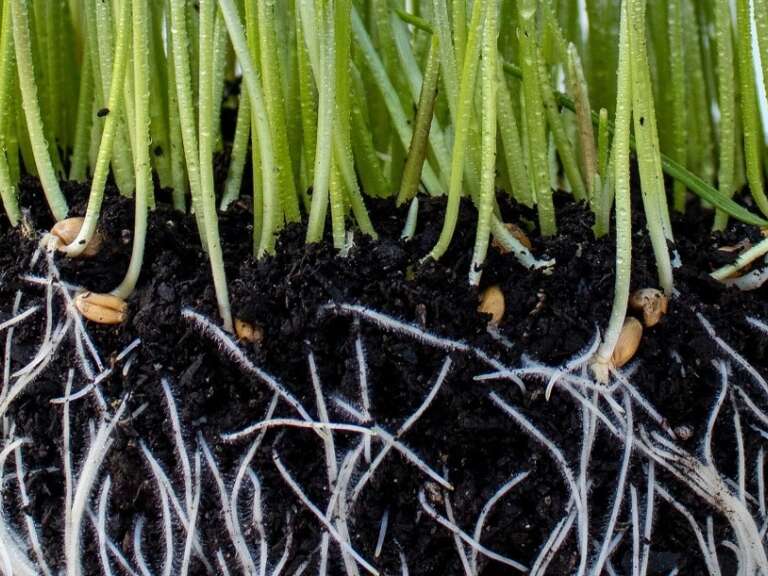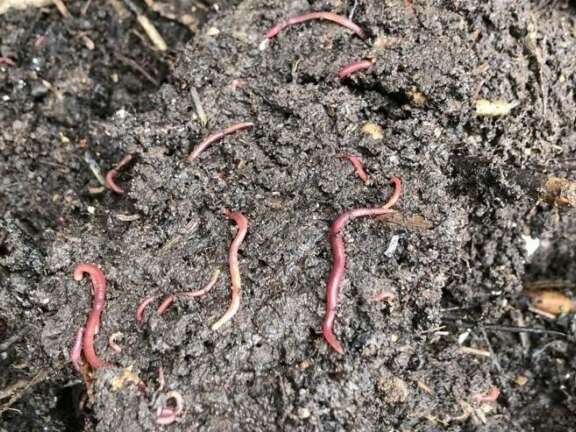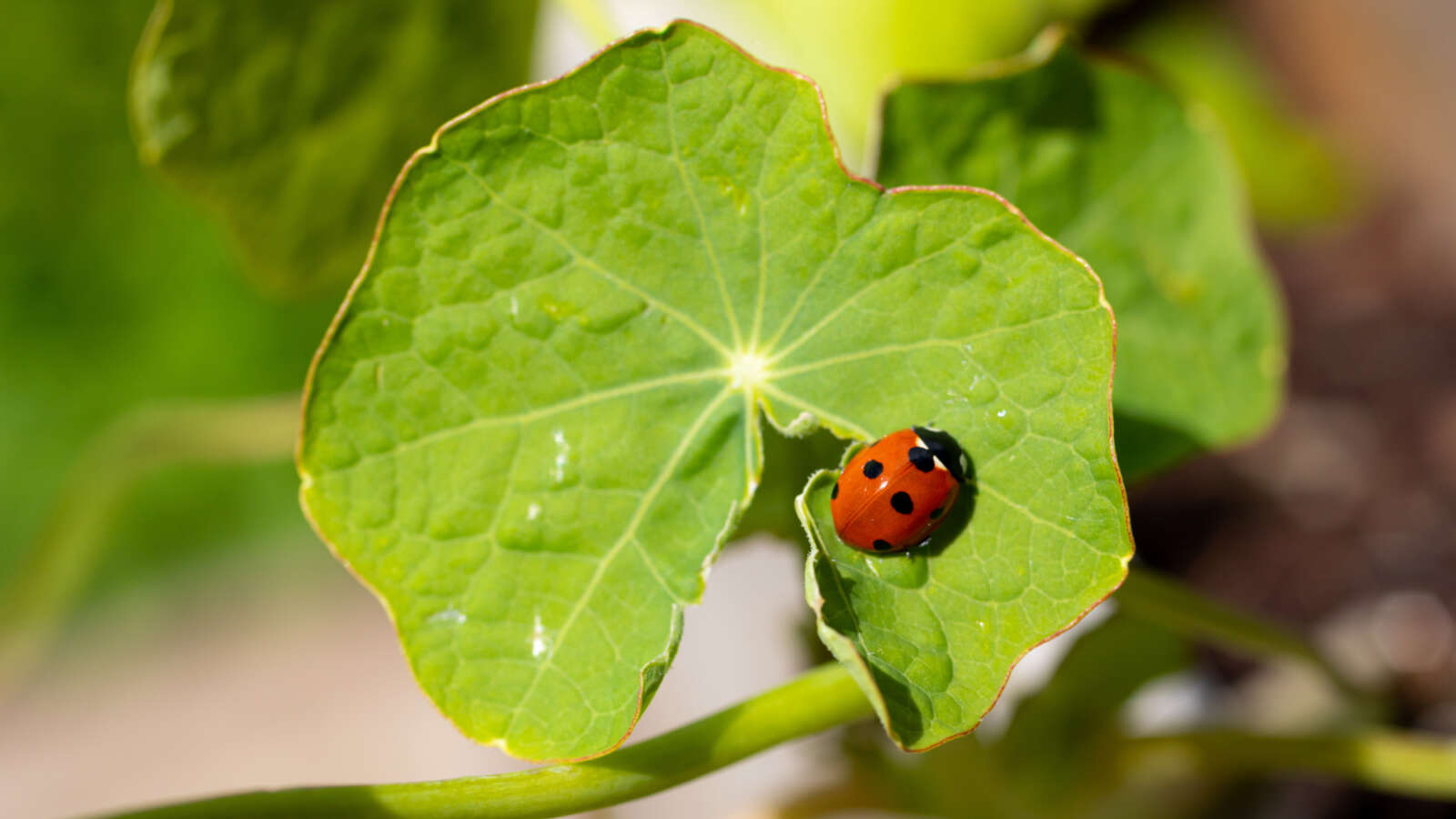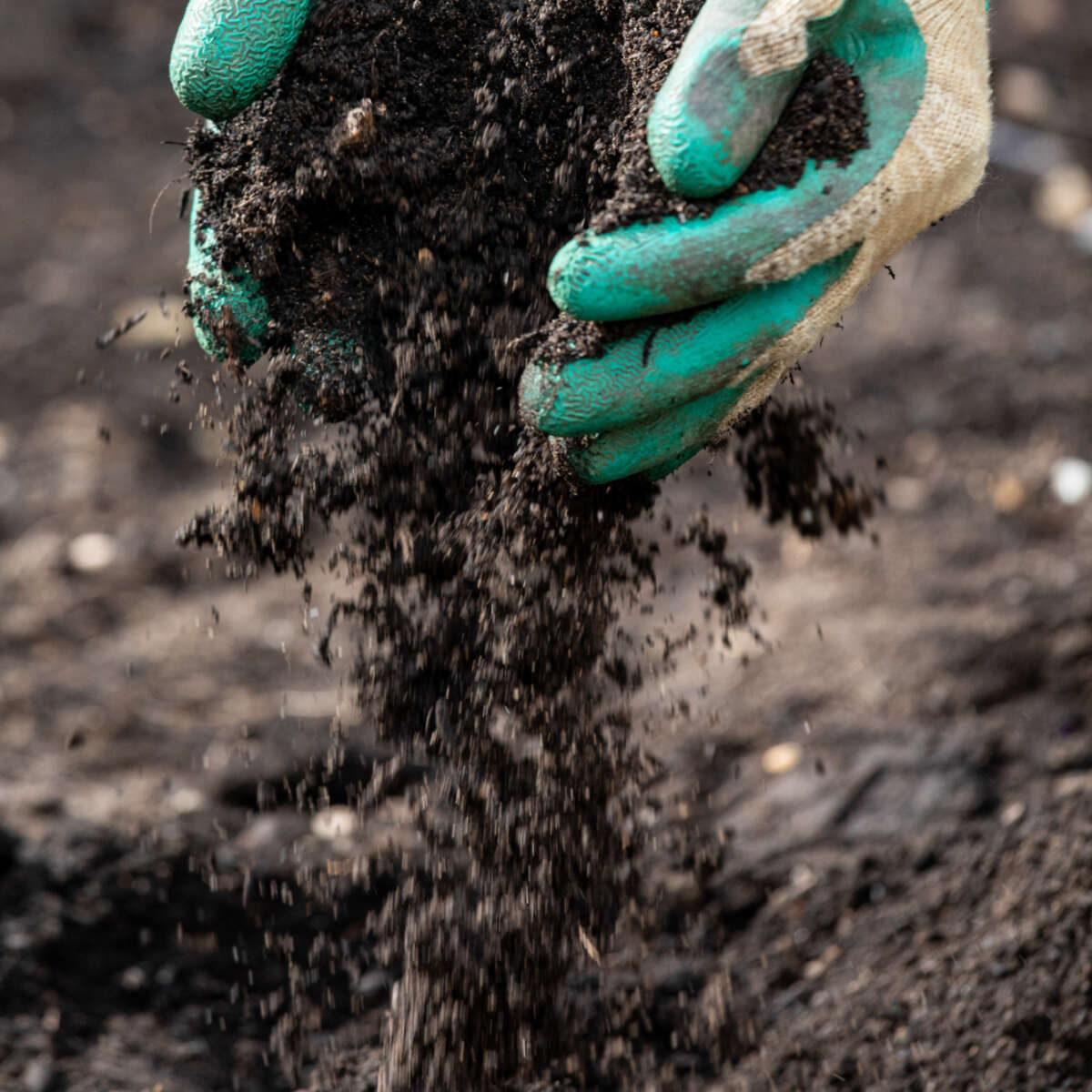
Soil
Five steps to healthy soil
Starting with healthy soil is the best way to grow – here’s five steps for healthy soil:
-
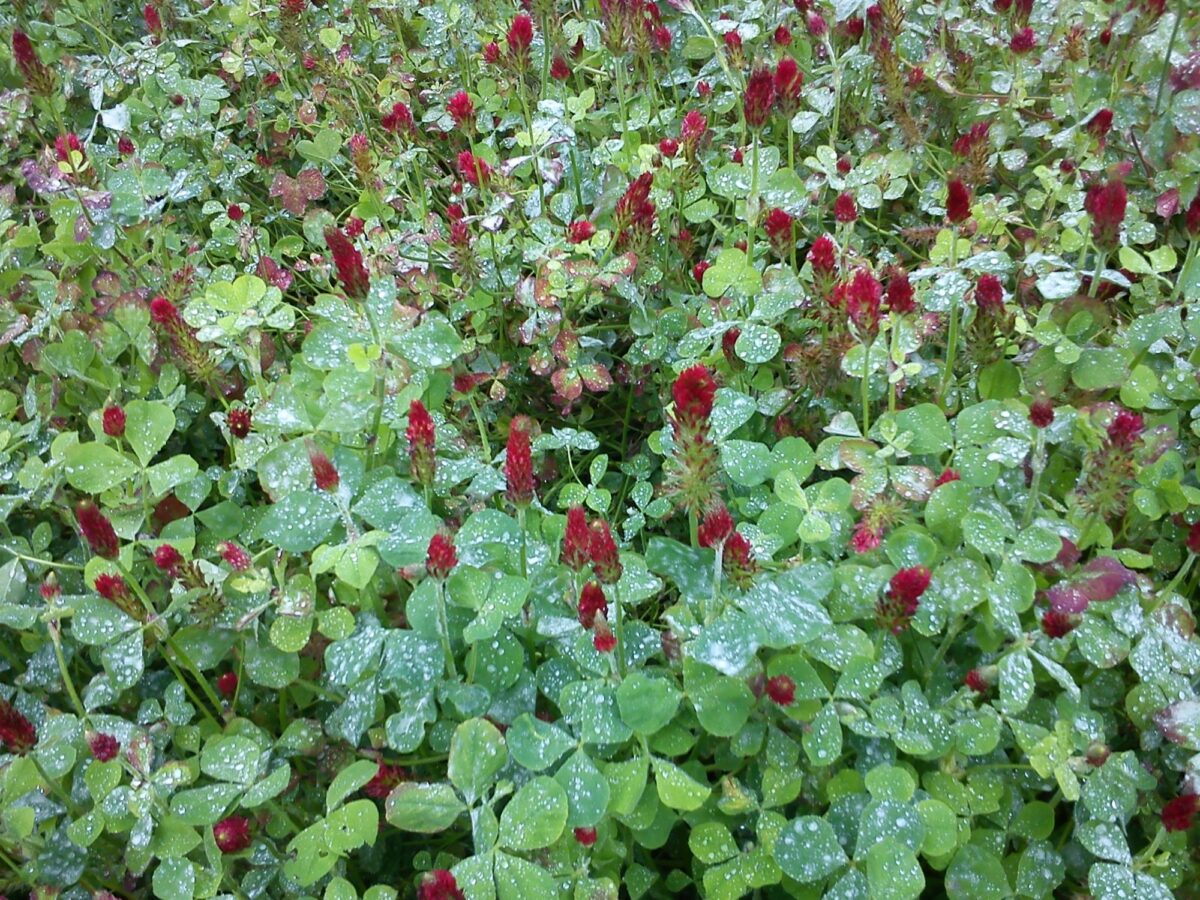
Managing your soil
Good organic soil management is vital if plants are to grow well. It's perhaps the most important part of growing organically.
-
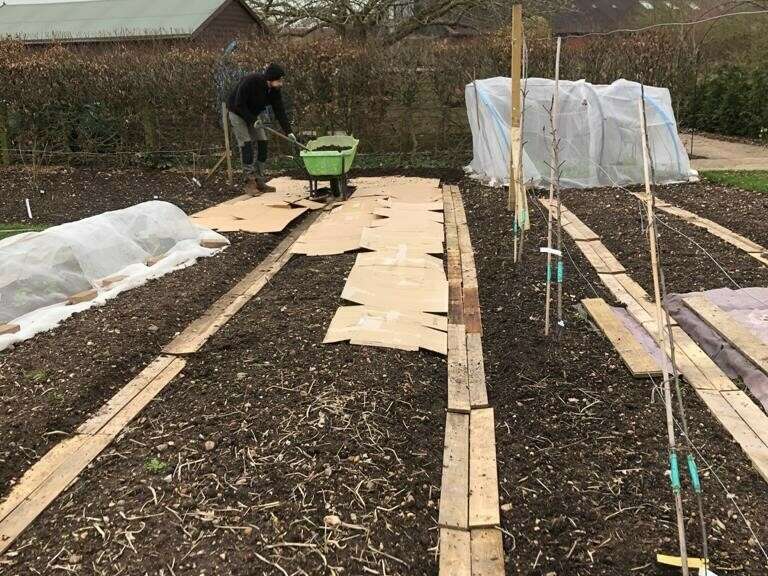
No Dig Gardening
No Dig is an attractive way of growing, providing a rich soil to grow in, and an excellent way to clear a weed-infested growing area.
-
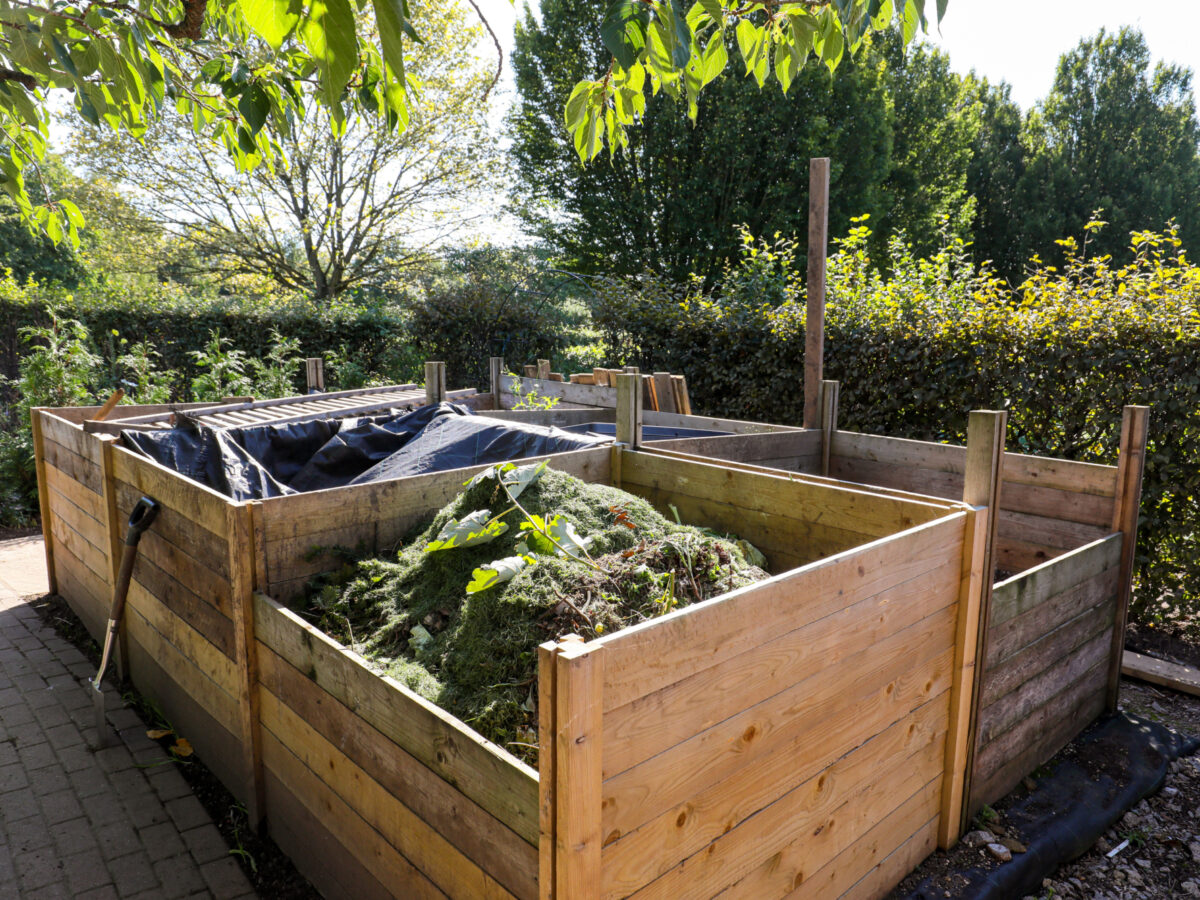
How to make compost
There are a number of ways to make compost to enrich your soil, including making a cold heap, a hot heap or a mix of both.
-
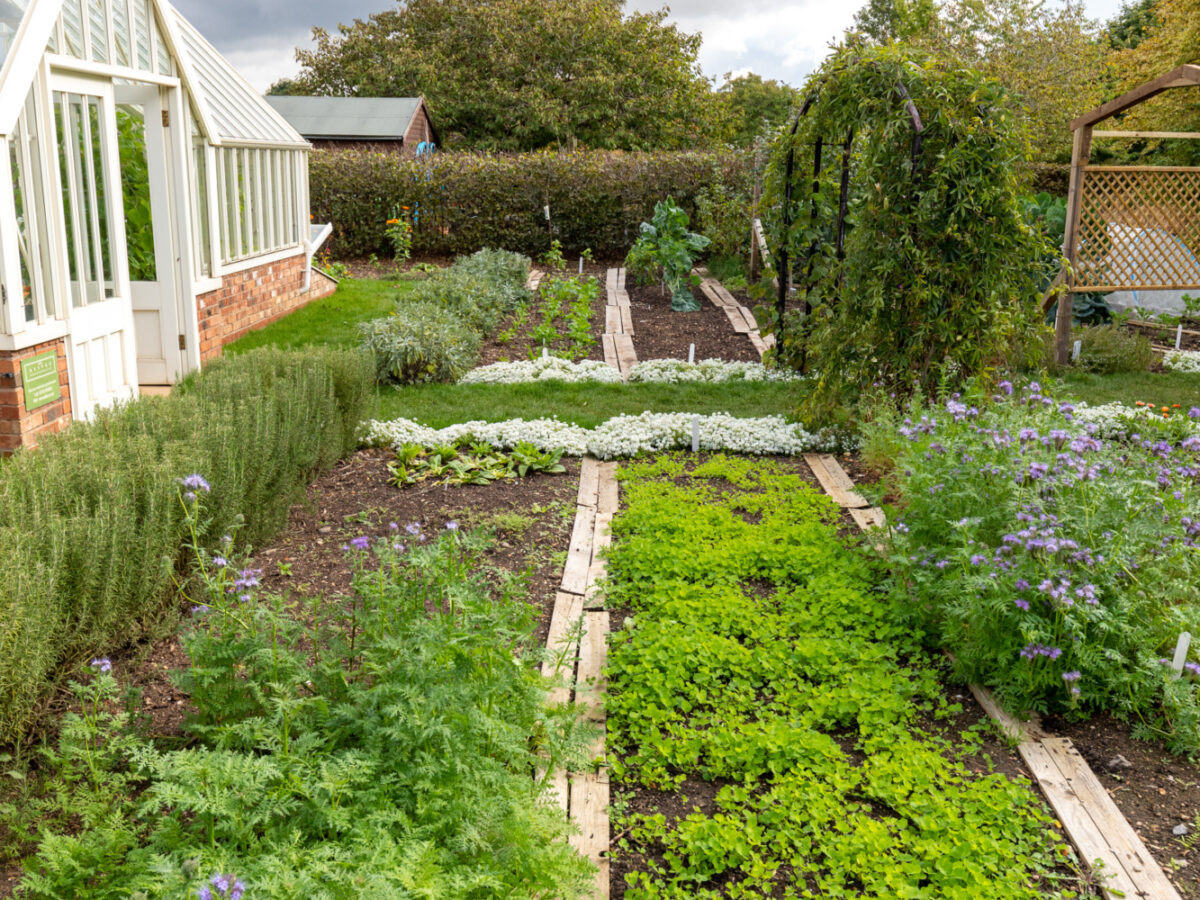
Green manures
Green manures are plants which are grown to benefit the soil, improving fertility and structure.
-

Comfrey
Comfrey is the organic gardener's best friend, offering nitrogen, phosphorus and potassium for growing plants.
Soil this month
Good soil structure is vital to high quality plant growth, and walking on wet soil will compact and damage that structure. If possible, use planks to spread your weight, or wait until the soil has dried out before treading on it. Creating a bed system so that you can reach and cultivate all parts of the plot from narrow paths around the sides is ideal.
Soil
Good organic soil management is vital if plants are to grow well. Healthy, fertile soil, with a good structure, allows plants to absorb water and nutrients, and encourages strong growth.
Also this month
Beneath the soil
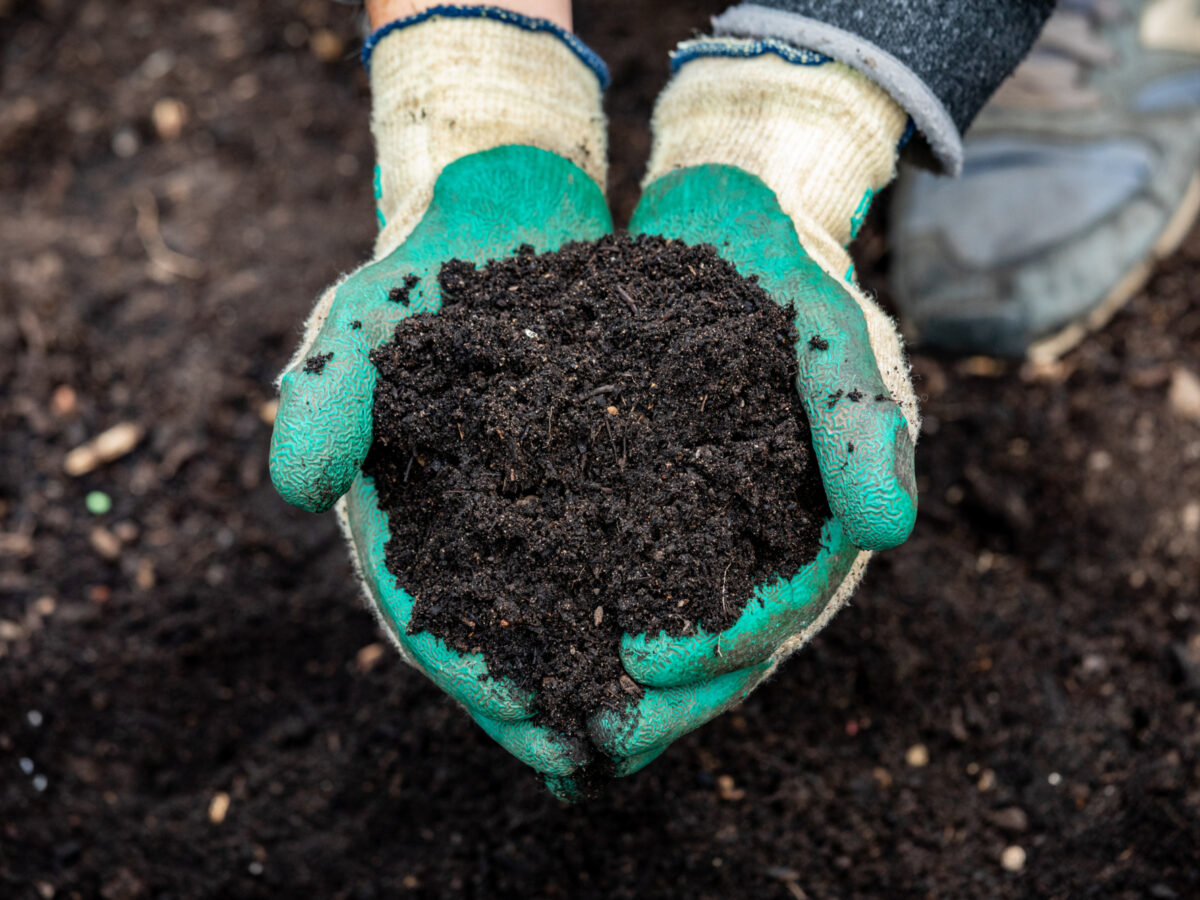
Soil information pack
Download our complete pack to understanding your soil and how to manage it the organic way – creating the best environment for your plants to thrive.
Growing green manures
These simple grow-your-own cards help you get the best from your organic garden, with growing instructions, growing calendar and key facts & figures for five green manure crops.
-
98 Field beans
-
99 Hungarian grazing rye
-
100 Mustard
-
101 Phacelia
Fact sheets - soil
Our member fact sheets contain in-depth information and guidance on a range of topics. Log in or join us to access them.
-
Soil
Soil, how to manage it
Find out more about soil preparation, structure, and how to manage it with our handy member fact sheet.
-
Soil
Soil, understand your own
Understand your own soil and how to test it with our detailed member fact sheet.
-
Soil
Soil, sterilising (pasteurising)
Soil, sterilising (pasteurising) is particularly useful for potting mixes. Follow our member fact sheet to find out the benefits.
-
Soil
Soil analysis
Analyse your soil at home by following the guidance in our member fact sheet.
Frequently asked questions
-
Animal manures should always be composted or left to rot down before use. The urine in the mix is rich in plant foods, but these are easily washed out by rain - and can also burn young plants. The composting process stabilises these nutrients, so they are released slowly. Horse manure is likely to contain residues of products use to worm the horses, and it is important to give these time to break down. Composting also reduces or destroys pathogens and weed seeds, and makes the materials easier to handle and apply.
-
It is better to use a range of green manures, as they fit into different plant families. Here are some suggestions.
- Fenugreek - Legume family; frost tender; short to medium term green manure for late spring to late summer use (depending where you are located) Good weed control.
- Phacelia - not related to any vegetable crops. Good for short or medium term use. May survive the winter in warmer areas.
- Tares - Legume; winter hardy. Good for sowing in August/ early Sept to overwinter. Good weed control. Good before brassicas as they provide extra nitrogen in the soil.
- Field beans - Legume; winter hardy. Only worth growing if you want to sow something as late as November.
- See also the Garden Organic web page which has full information on green manures Green Manures | Garden Organic
-
There is absolutely no need to worry - 'ignore it' is the correct advice. This white deposit is called mycelium. It is a naturally occurring fungus whose job it is to breakdown organic material. You'll find it on bits of wood buried in the soil, on rotting straw or woody bits in compost heaps, on leafmould and manure in the soil - the list is almost endless. You're unlikely to find it in soil which never has bulky organic material added, so clearly some gardens will have more than others.
Neither plants nor wildlife (nor humans) are harmed by mycelium, and there is certainly no need to dig it out.
-
Grazing rye should be dug in as soon as possible in the spring. In this case you need to chop the top growth off the rye. Use a sharp spade or hoe, or even shears, and leave the foliage to thoroughly die down on the soil surface. Don't worry about the roots - they'll rot down naturally. Why not use a no-dig method for the potatoes? That way you'll smother the rye and prevent any re-growth. Once the rye has been chopped back, just make small holes to plant your seed potatoes, then cover the whole area with a thick layer of straw. Keep the plants well watered, and top up the straw with grass cuttings as the plants grow.
-
Wood ash is rich in trace elements and potassium, so it makes sense to use it on the garden. As rain can quickly wash these nutrients out of the soil, it is best to process the ash through a compost heap. Store the ash in a dry place, and it to the compost material as you fill the bins through the year. Ash from smokeless fuel and coal is not suitable for garden use.
